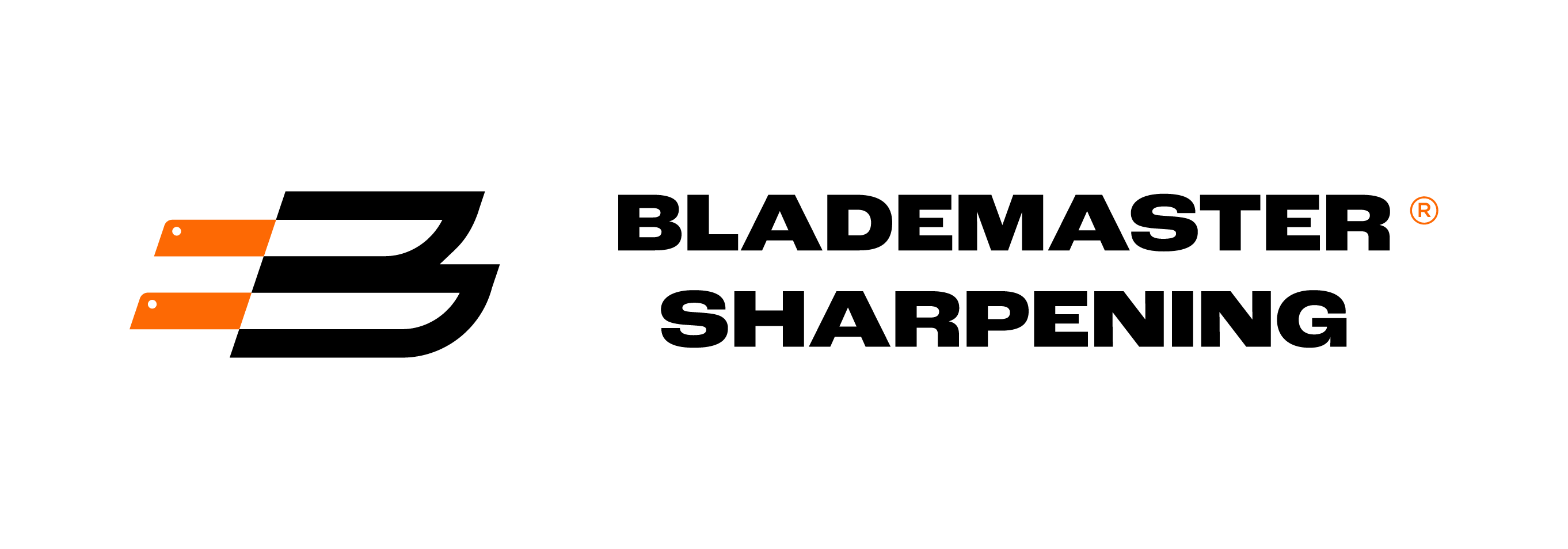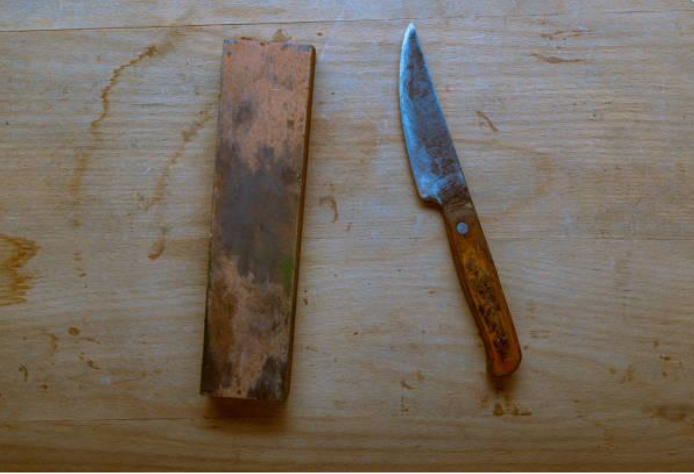In many kitchens, cheap knives are a common sight. These budget-friendly options might not offer the same quality or durability as their more expensive counterparts. However, when it comes to sharpening, the question arises: is it worth sharpening a cheap knife? Let’s delve into this topic and explore the considerations.
Assess the Knife’s Material and Construction
Cheap knives are often made from lower-quality materials, such as stainless steel or softer alloys. These blades tend to dull more quickly than high-quality knives. Additionally, their construction might not allow for easy sharpening or produce long-lasting results.
Evaluate the Knife’s Intended Use
Consider the purpose of the knife. If it’s a utility knife primarily used for basic tasks like cutting fruits, vegetables, or soft meats, sharpening may yield acceptable results. However, if the knife is intended for heavy-duty tasks like carving bones or frozen foods, sharpening a cheap knife might not provide the desired performance and could potentially damage the blade.
Consider the Cost of Sharpening
Sharpening a knife, whether done at home with sharpening stones or through professional services, incurs a cost. When it comes to cheap knives, the cost of sharpening might be comparable to or even exceed the initial purchase price. In such cases, it’s worth questioning whether it makes financial sense to sharpen a knife that can be easily replaced.
Weigh the Overall Quality and Lifespan
Cheap knives often lack the durability and longevity of higher-quality knives. While sharpening may improve their cutting performance temporarily, it’s important to consider the overall quality and lifespan of the knife. If the blade is prone to chipping, bending, or rapid dulling, investing in a higher-quality knife might be a more worthwhile long-term solution.
Safety Considerations
Sharpening a knife requires skill and caution, especially when working with cheaper blades that might not hold an edge as well. If you’re inexperienced or unsure about the sharpening process, it’s advisable to seek professional help or invest in a higher-quality knife that maintains its sharpness for longer.
In conclusion, whether it’s worth sharpening a cheap knife depends on various factors, including the knife’s material, intended use, cost of sharpening, overall quality, and safety considerations. While sharpening can provide temporary improvements, it may not be a cost-effective or long-term solution for low-quality knives.
If you choose to sharpen a cheap knife, ensure you’re comfortable with the process or consult an expert. Ultimately, investing in higher-quality knives may offer better performance, longevity, and value for your culinary endeavors. Check out www.adamsdc.co.za for an array of new knives. MBS.

